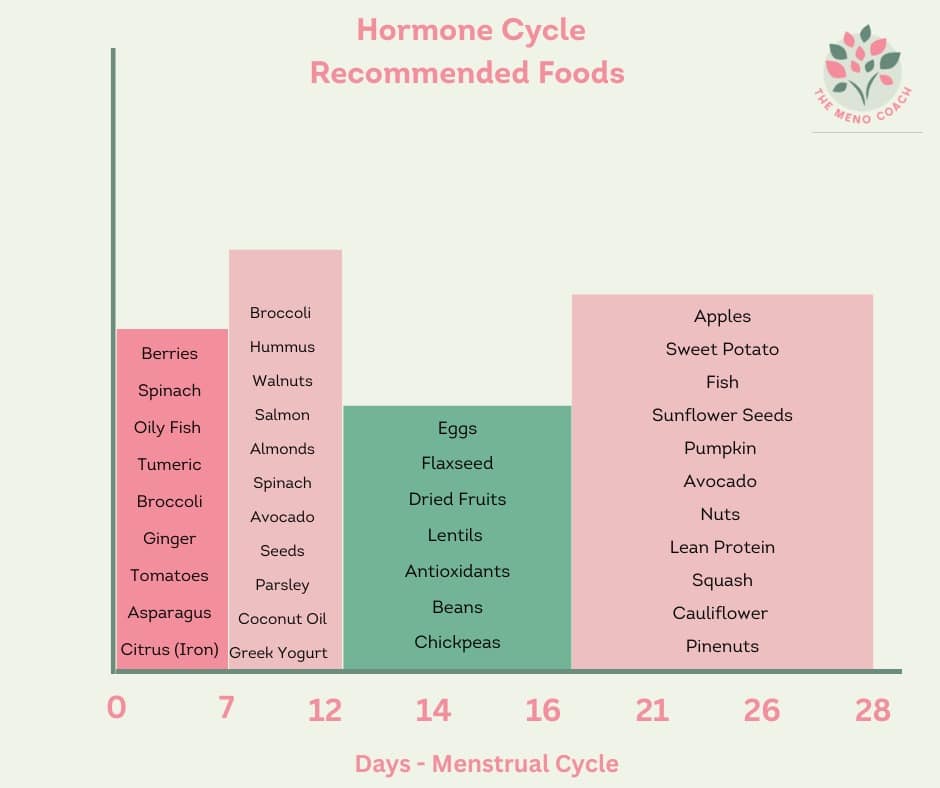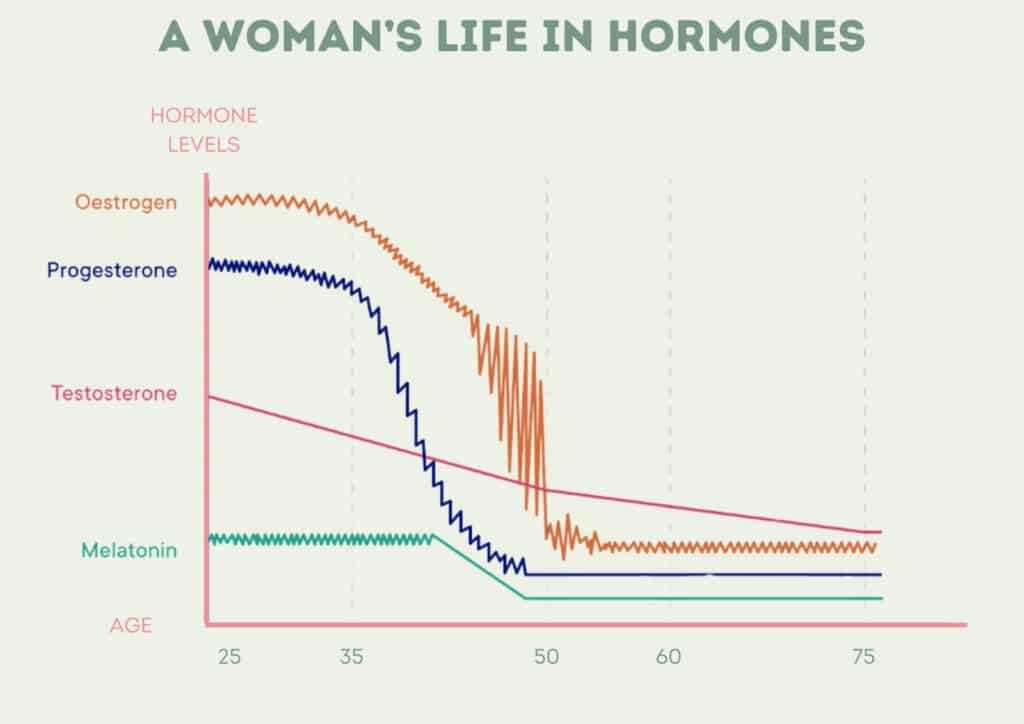The Best Supplements to Support Your Hormones Throughout the Menstrual Cycle and Menopause
When it comes to hormone health, food should always come first. But even with a balanced diet, many women find that supplements can play a helpful role when managing the various hormonal transitions we experience.
Your body’s nutritional needs vary, whether you’re still experiencing your menstrual cycle, moving into perimenopause, or are in menopause, which is where supplements come in. But please note, supplements aren’t a replacement for a healthy diet and lifestyle, but they can offer extra support when your body needs it most.
Supplements for the Menstrual Cycle
If you’re still having a regular cycle, your hormones follow a monthly rhythm of rising and falling through different phases. Supporting your body through each phase can ease PMS symptoms, stabilise mood, and improve energy and focus.
Consider these supplements if you’re still menstruating.
Magnesium
Supports mood regulation, sleep quality, and can reduce cramping. It’s especially helpful during the luteal phase (the week before your period), when many women experience fatigue, anxiety, or irritability.
Vitamin B6
Essential for neurotransmitter function. It may help alleviate symptoms of PMS such as mood swings, irritability, and bloating.
Omega-3 Fatty Acids
Support brain health and reduce inflammation. They may help with period pain and improve overall mood stability.
Iron (if needed)
Women with heavy periods may be at risk of low iron levels, which can cause fatigue and brain fog. It’s important to test your iron status before supplementing.
As mentioned, don’t forget your whole-food rich diet throughout your menstrual cycle, too, and ensure you’re hitting all the key food groups as well as optimising your supplement routine. Take a look at this handy graphic showing what foods you could focus on consuming at different stages of your cycle:
Supplements for Perimenopause and Menopause
As women, our hormones can feel like a bit of a rollercoaster. However, as we enter menopause later in life, these hormones begin to decline.
As estrogen and progesterone drop, many women experience new or intensified symptoms such as hot flushes, sleep disruption, joint pain, mood changes, and brain fog. So, just like throughout your menstrual cycle, supporting your body nutritionally throughout your menopause transition can ease the symptoms.
Magnesium
Continues to be essential, especially for sleep, muscle recovery, stress regulation, and bone health.
Vitamin D3 with K2
Important for bone strength, immune support, and mood. Vitamin K2 helps the body direct calcium to the bones, rather than the arteries.
Omega-3s
Support heart and brain health, both of which can be affected during and after menopause.
Calcium
Bone density naturally declines after menopause. If you don’t consume enough calcium through diet, a well-formulated supplement may help, especially when paired with Vitamin D and K2. This can help fight your risk of osteoporosis, which increases during and after menopause.
Supplement the Right Way
Remember, supplements support. They don’t replace. They work best as part of a wider wellness approach that considers diet and exercise. They’re a bonus, not a quick fix for an unhealthy diet and lifestyle.
And don’t forget quality, too. Look for reputable brands, don’t risk dodgy sites or suppliers you don’t trust.
It’s also essential you address your own specific needs. I’ve outlined women’s needs based on fluctuating and changing hormones, but you may need other supplements to support different areas of your health. Speak to your doctor or a hormone health professional, too.
Overall, supplements are a great way to support your hormone health if you’re taking the right ones for your needs. Whether you’re trying to manage PMS, ease perimenopausal symptoms, or protect your long-term well-being, there are targeted nutrients that can help you feel your best.
If you’d like to discuss your supplement routine more, book a one-to-one session with me. We can assess how you’re feeling alongside what stage you’re at in your menopause transition to find the best options for you.



